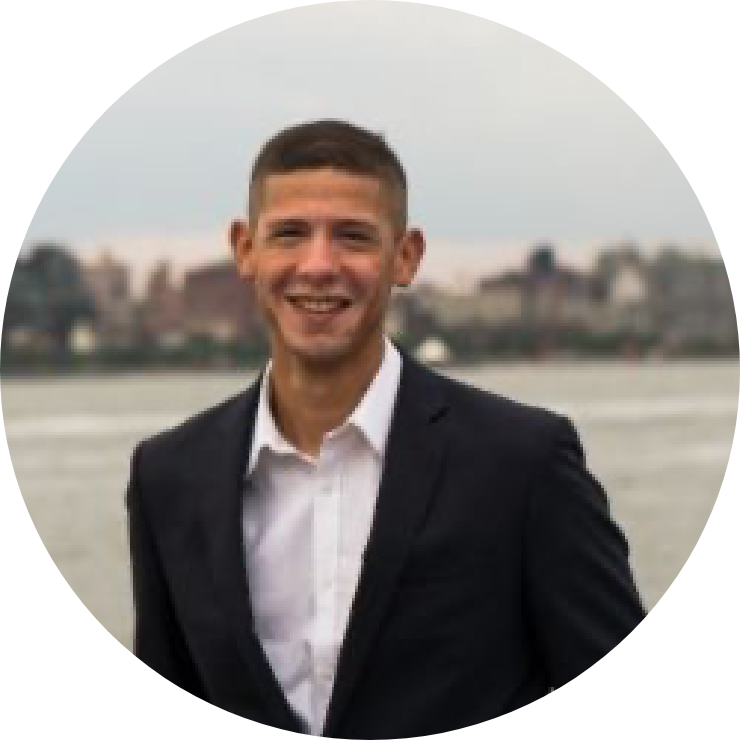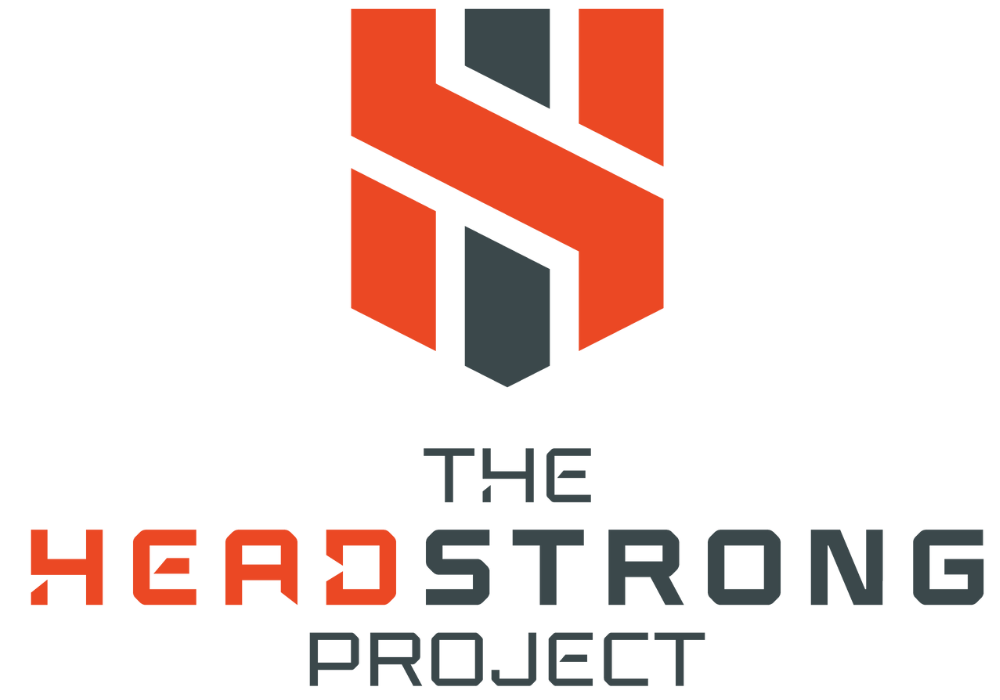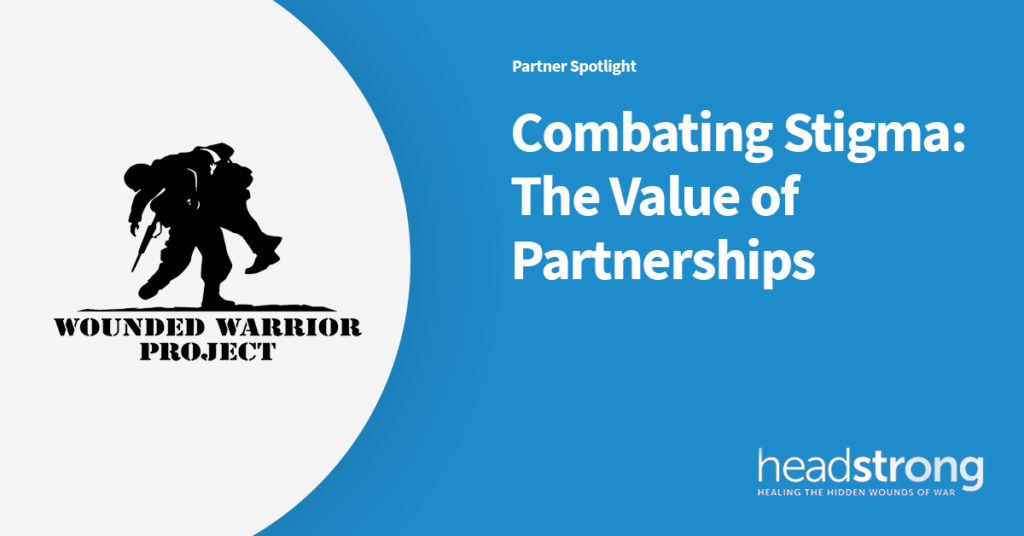“Trauma is a time traveler, an ouroboros that reaches back and devours everything that came before. Only fragments remain.” – Junot Diaz
Traumatic experiences typically don’t result in long-term impairment for most individuals. Across and within our lifespan it is normal to experience such events as individuals, through our families and communities and usually respond to them with resilience.
And yet despite our collective understanding of trauma, its manifestations reverberate differently in each individual regardless of race, ethnicity, gender or sexual orientation. It is one of the few constructs in the known universe capable of transcending time because it specifically anchors itself in the only capacity by which our mind stores and remembers information, our memory.
The challenges that resulted from the pandemic brought this very understanding of trauma into sharp focus. As the world came to a halt, scrambled to restart itself again, the service members, veterans and their families, many with unresolved trauma were confronted with an entirely new challenge: confronting this time traveler without the protective factors afforded to us by normal daily activities.
Headstrong is full spectrum mental health practice of choice for our nation’s warriors, a practice where intentional trauma recovery, tailored individual treatment plans and patient centered trauma informed care are at the core of our organizations ethos so that no veteran, despite the origins and impact of trauma is left to fight alone.
In January of 2021, Headstrong began expanding efforts to increase access to high quality trauma informed clinicians with the launch of our Seattle market and to streamline care delivery through a hybrid model that offers both in person counseling and tele-mental health for the harder to reach segments of those who have served or are currently serving.
Except mobilizing clinical resources is only half of the solution. Public and self-stigma surrounding the pandemic only exacerbated what has been a long standing yet poorly addressed determinate of mental health for the military service members, veterans and their families. To challenge this stigma, Headstrong has developed a coalition of like-minded forces from multiples sectors and industries to encourage those who’ve honorably volunteered to serve our country, to once again answer a new call to action: one of courage and the right to optimal mental health.
Wounded Warrior Project, an organization committed to helping wounded veterans, is one of our partners in this fight against the rising unmet mental health need and the detrimental effects of mental health stigma. With a grant provided to Headstrong in 2020, Headstrong now serves as a force multiplier for the warriors they serve.
The mental health needs among our veterans, military service members, and their families is too vast for one organization alone. If this global pandemic is to teach us anything, isolation and lack of social connectedness has devastating effects and we must commit to ensuring ongoing access to mental health maintenance resources is the only acceptable course to pursue as a nation in its aftermath. As a leader within the organization, the importance of community and common cause has never been more important. While we continue to undertake strategic initiatives to advance the organization towards its mid-stage life, our commitment towards establishing an eco-system of partnerships is critical to our ability to continue to generate equitable access, improve quality, and establish value and trust amongst those we serve.
 About the Author – Miguel Ocegueda is the Deputy Director of Business Development & Programs for The Headstrong Project and served honorably for over 13 years in the United States Army and NJ Army National Guard across a broad range of assignments and combat tours. He has been actively involved with Headstrong since October 2016. Prior to joining Headstrong, Miguel worked for the Rutgers Office of Veteran and Military Programs and Services as well as various other healthcare sectors where he utilized clinical and research-based expertise to advance vulnerable population initiatives.
About the Author – Miguel Ocegueda is the Deputy Director of Business Development & Programs for The Headstrong Project and served honorably for over 13 years in the United States Army and NJ Army National Guard across a broad range of assignments and combat tours. He has been actively involved with Headstrong since October 2016. Prior to joining Headstrong, Miguel worked for the Rutgers Office of Veteran and Military Programs and Services as well as various other healthcare sectors where he utilized clinical and research-based expertise to advance vulnerable population initiatives.

